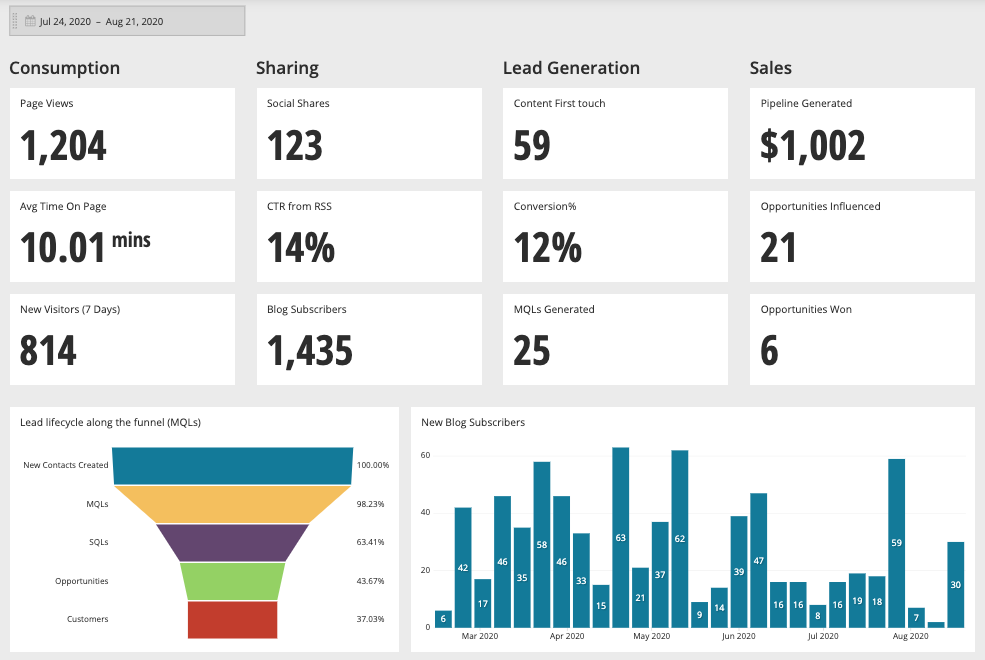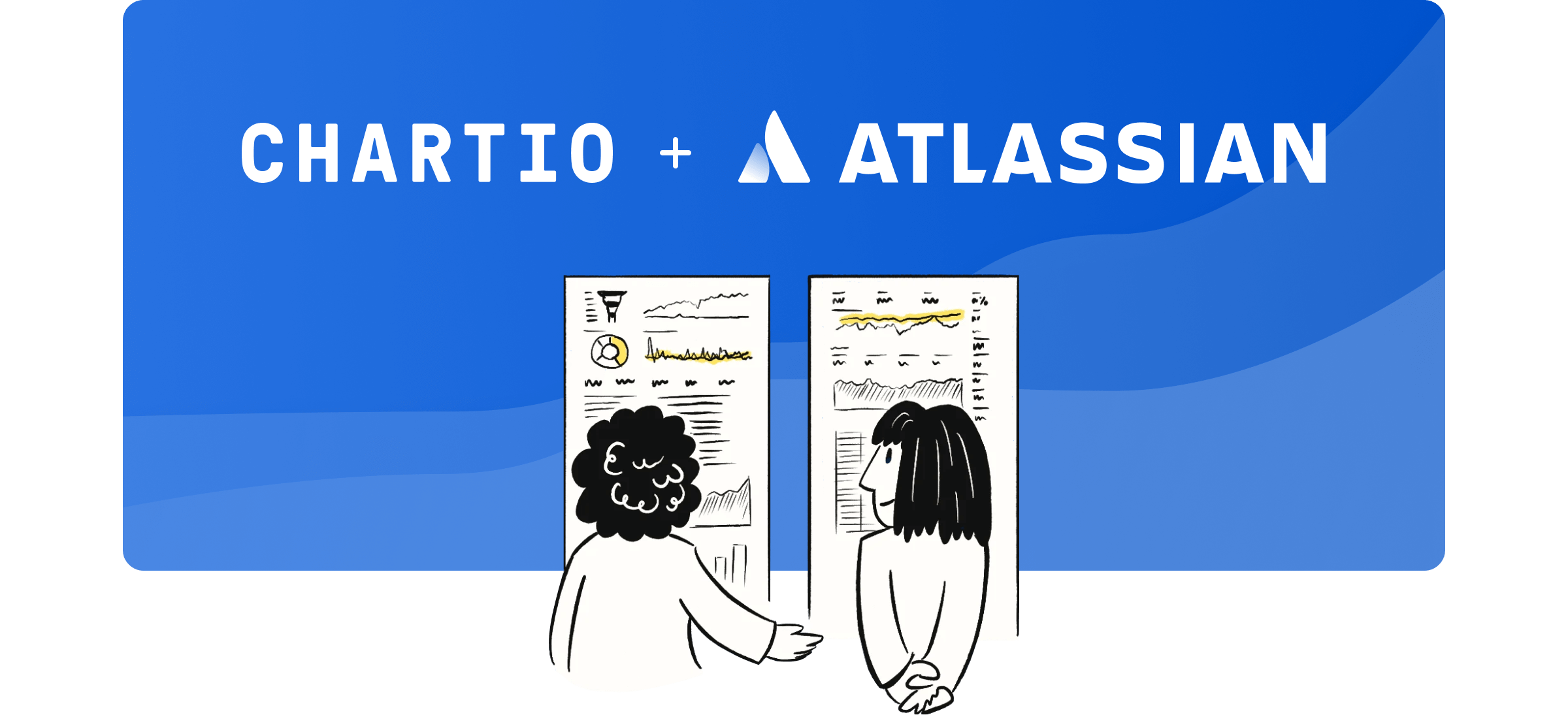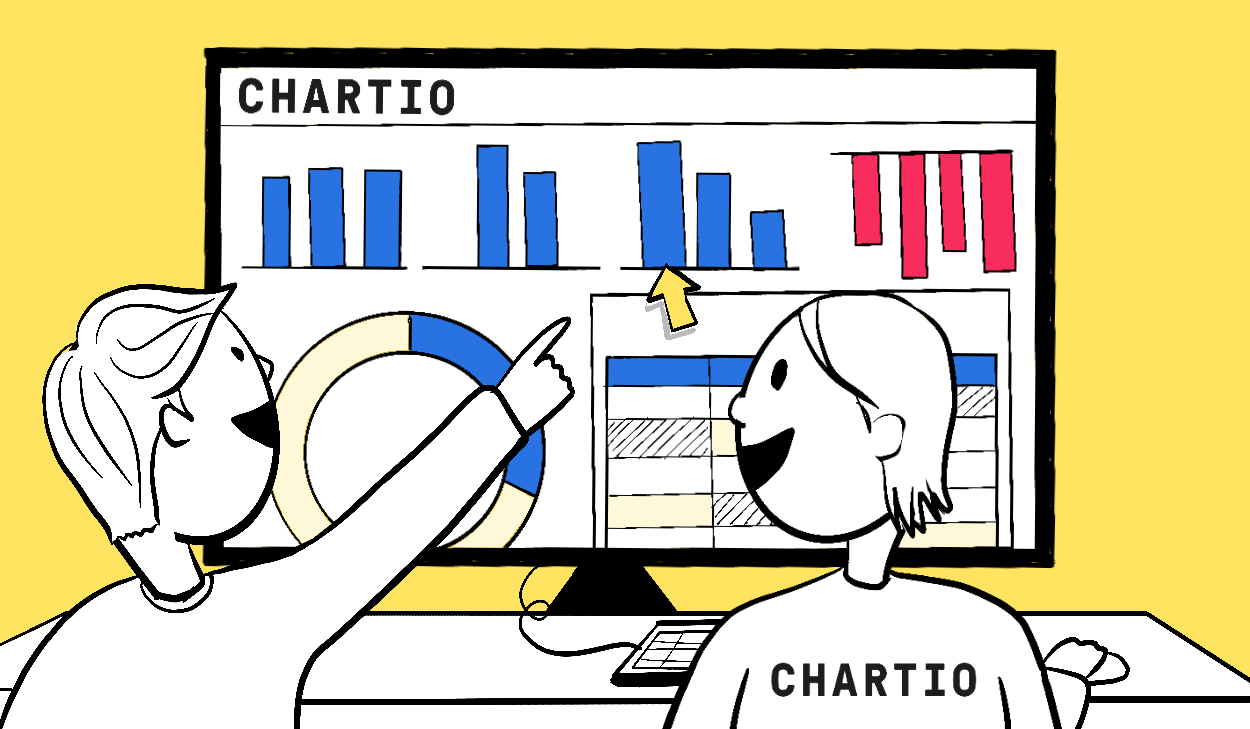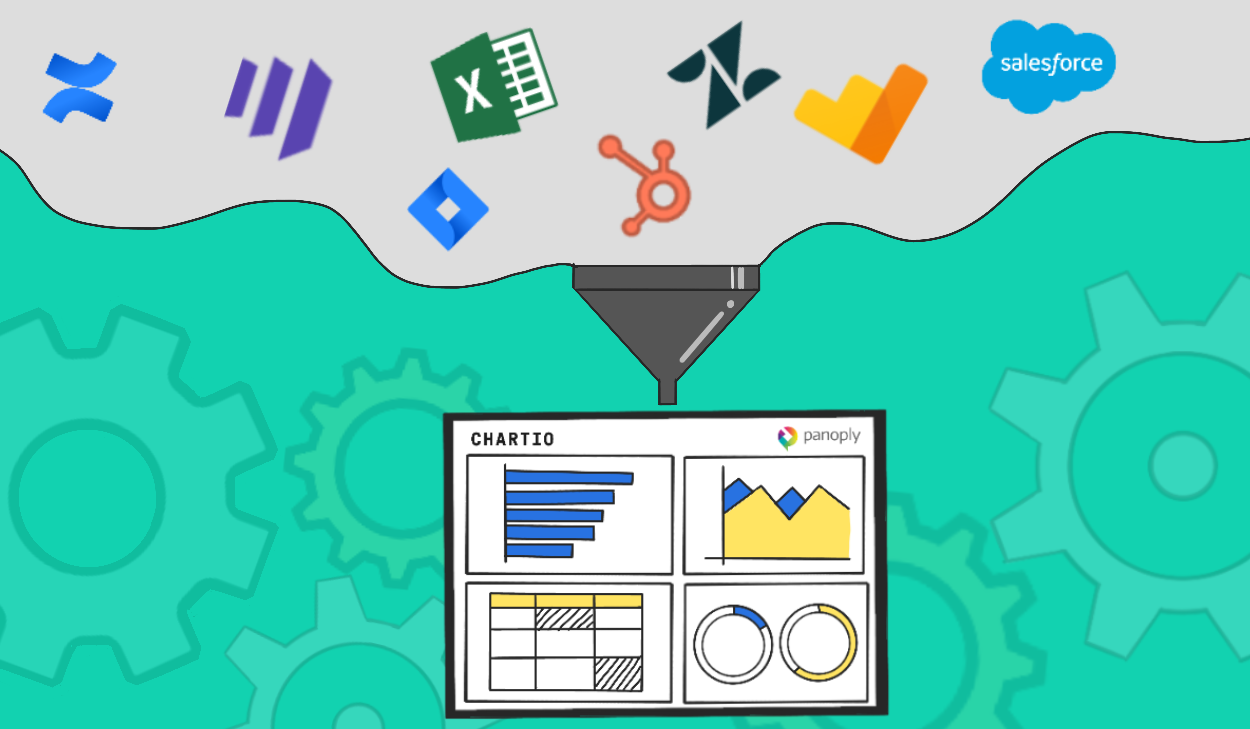Data Democratization – Chartio and Talend Podcast Chat
Posted by on August 21, 2020 Chartio, Data Governance
Data democratization means that everyone within an organization can access data to answer questions without having to go through a gatekeeper, such as the organization’s data team. In a podcast conversation on the topic, Dave Fowler, CEO/Founder at Chartio, and Mike Pickett, Sr. Vice President at Talend, talk about how data-informed teams give companies a competitive advantage. When business users can access and explore data on their own, they can not only generate insights they need to make business decisions quickly, they also can provide feedback for data modelers and the overall organization.
Data democratization is more than access
Fowler and Pickett talk about two groups of employees who work with data:
- People who understand the context of the data, know the business, and know what problems they want to address
- People who know the technology and who support the data
The disconnect between these two groups holds companies back from being data-informed. The teams that manage the data lack the context and direction to find insights. Business departments send requests for data or charts and wait for a response from the data team, then wait again if they have follow-up questions that need to be answered.
A faster way for business teams to get insights is to have them derive them on their own. Older centralized data environments hold companies back because they create bottlenecks which in turn impede informed decision-making. Democratizing data empowers employees.

Business users need to make quick decisions to guide their initiatives. For example, the dashboard above is designed for marketing analysts who want to know how their online campaigns impact leads. It shows at a glance the number of impressions, clicks, and conversions made in one of the marketing team’s properties. Getting access to this data quickly can help teams adjust their strategies, leading to better results than teams would get from a report on campaign effectiveness that happens later in the marketing cycle. In this way, democratizing data goes beyond granting access to additional users; it has the potential of improving the bottom line.
Democratizing data doesn’t mean dumping the data team, however. Metrics discussions should involve both the business and data teams. The business team should lay out the methodology and derivation of the metrics, and the data team can ensure that the data is captured and stored properly.
But data democratization gives line-of-business users the tools to perform the tasks that data engineers have traditionally done, including cleaning, blending, and analyzing data. Individuals who understand the context of their data can fix problems with it on their own.
In the podcast, Fowler talks about how Chartio’s mission is to create tools that foster a democratized experience by providing the same ease of use as Microsoft Excel. Excel, he says, was the first tool that democratized data, but it’s the wrong tool for analyzing today’s big data. Business analysts nowadays use SQL to analyze data stored in a data warehouse. Chartio’s intuitive UI empowers both SQL experts and nontechnical business users to explore and understand their organizations’ data no matter how large the datasets.
Two teams working together
Having business and data teams collaborate has other advantages. Sometimes data teams don’t invest the time to understand how to make business processes more efficient. They may not store data in the right format or set up the appropriate level of aggregation for reporting (daily vs. monthly, for instance). At the same, business teams are not always aware of the limitations of the data their organization has to work with. Some questions can’t be answered when the organization isn’t collecting the necessary data. For example, there might not be demographic information on prospects or even enough customer information to extrapolate how to target prospects with advanced segmentation.
The more you let business users explore, the more they can help data modelers improve the data, and the more unexpected insights they can surface.
Democratizing data benefits business
The more data-informed the business, the greater competitive advantage it will have in the market. As data volume and velocity continue to grow, organizations need all hands on deck to understand and leverage it. For more details and interesting discussion, check out the podcast on data democratization.
If you haven’t already, listen to the podcast here.
(This guest post is written by Allen Hillery. Allen is an adjunct professor at Columbia University and a writer at Data Visualization Society.)


